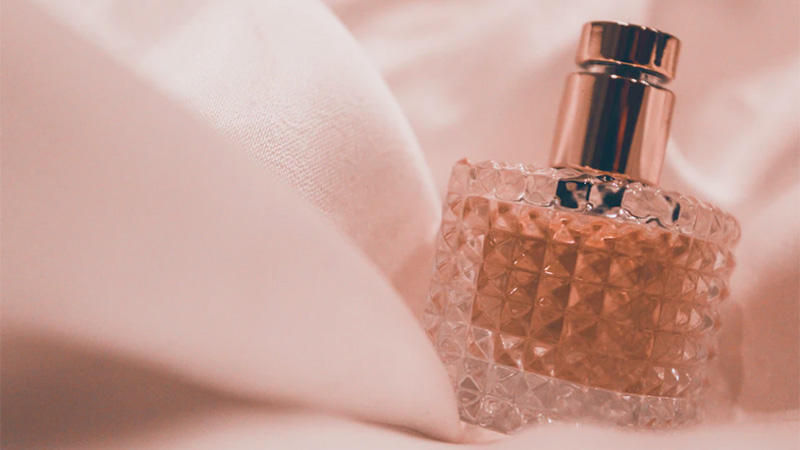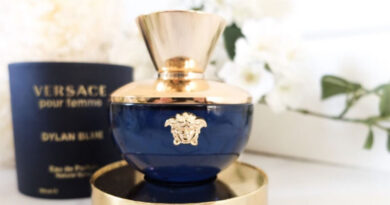A guide to understanding perfume notes
Choosing a signature scent isn’t as easy as grabbing the first attractive bottle you see on the shelf. Your perfume is such a personal choice and you should take some time to consider all of the elements involved in its creation.
Don’t worry, though. This really isn’t as difficult as you might think. From the different types of notes to fragrance families, we’ve got you covered so you can pick up a scent like a professional perfumer.
Perfume base notes
Every perfume is made up of three different notes, all of which have different qualities when it comes to longevity and scent.
- Top notes – this is the very first impression you’ll get of the perfume. These notes typically last around ten minutes on the skin and are the initial scent. Popular top notes include the likes of bergamot, lemon, sage and lavender.
- Heart notes – the role of these notes is to transition from the top note to the base, adding depth to the scent. They make up about 70% of the scent so, while they don’t last quite as long as the base notes, it’s important that you choose a perfume with a heart note you enjoy. They typically last anywhere from two to four hours and include potent scents such as geranium, ylang ylang, rose and coriander.
- Base notes – also known as the ‘bottom notes’, this part of the fragrance is thought of as the foundation. Consisting of heavier, easily recognisable notes such as sandalwood, vanilla, musk and amber, they can last more than six hours. You can typically smell them 30 minutes after spritzing the perfume, leaving a lasting impression compared to the more fleeting top notes.
Understanding these notes will help you find a signature scent that suits your preferences for the whole time you’re wearing it. You don’t want to pick a perfume based on the top notes only to find the long lasting base notes aren’t to your taste, after all.
Understanding fragrance families
There are five main fragrance families to be aware of when choosing your scent (although some do contain sub-categories). Also, be aware that your body chemistry can affect how the scent smells once sprayed on the skin as the molecules within the fragrance react differently on each individual. However, with those caveats in mind, here are the five families you can pick from:
- Floral – one of the most popular scent types, floral fragrances contain the likes of roses, lilies, jasmine and ylang ylang. Soft, romantic and uplifting, you can’t go wrong with a perfume containing these wearable notes.
- Fresh – zesty and invigorating, fresh scents have an energising aroma. They’re typically made up of citrus scents like orange and lemon as well as naturally refreshing fragrances such as sea spray and fruits.
- Woody – warm, smokey and rich, woody scents offer an air of mystery. These potent scents are made up of deep cedar, sandalwood and agarwood.
- Fougère – translating to ‘fern’, fougère is a French word used in perfumery to describe earthy scents. It consists of verdant aromas such as geranium, oakmoss, lavender and bergamot.
- Oriental – often described as warm and sensual, Oriental scents are incredibly rich. They are a few different types of Oriental fragrances: floral, soft, woody and the standard oriental scent. While they are slightly different, they all follow the same sumptuous, heady theme. Oriental scents typically contain exotic notes of musk, orange blossom, cinnamon and jasmine.
Many fragrances combine them to create a unique scent. Paco Rabanne Lady Million, for example, has a fresh top note of orange and raspberry, floral oriental base notes of orange flower and Arabian jasmine as well as a woody base note of patchouli. Read the notes carefully and – with your new-found knowledge – you’ll be a more clued up perfumer!
Whatever type of fragrance you’re looking at, you’ll be able to tell if it’s the right one for you by a quick glance at its notes and fragrance family. By taking these elements into account, you’ll get to know what kind of scent is best for you.




